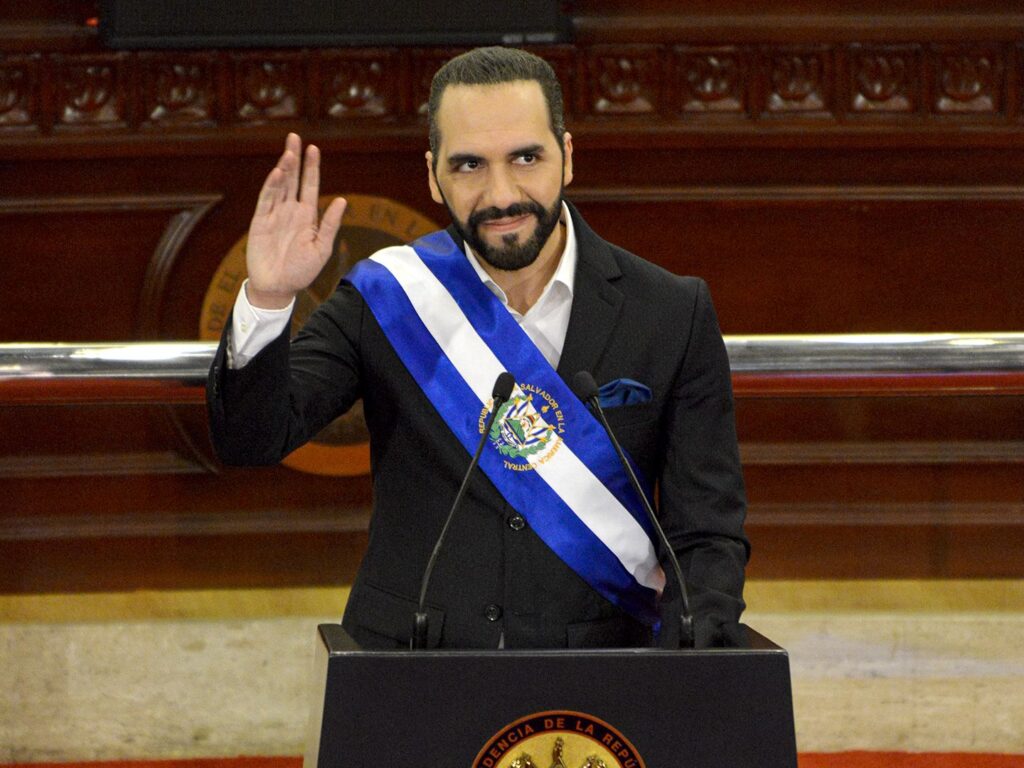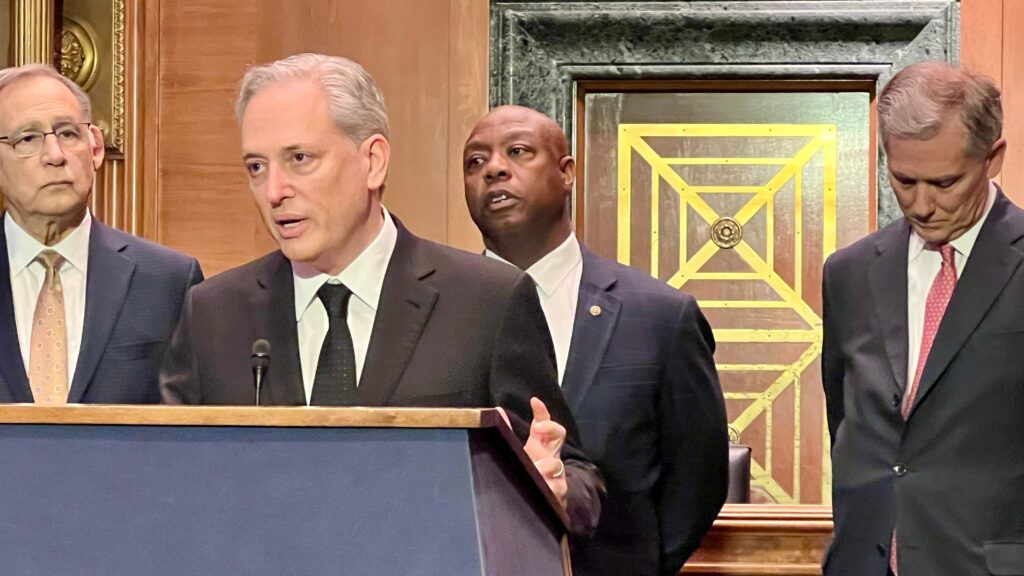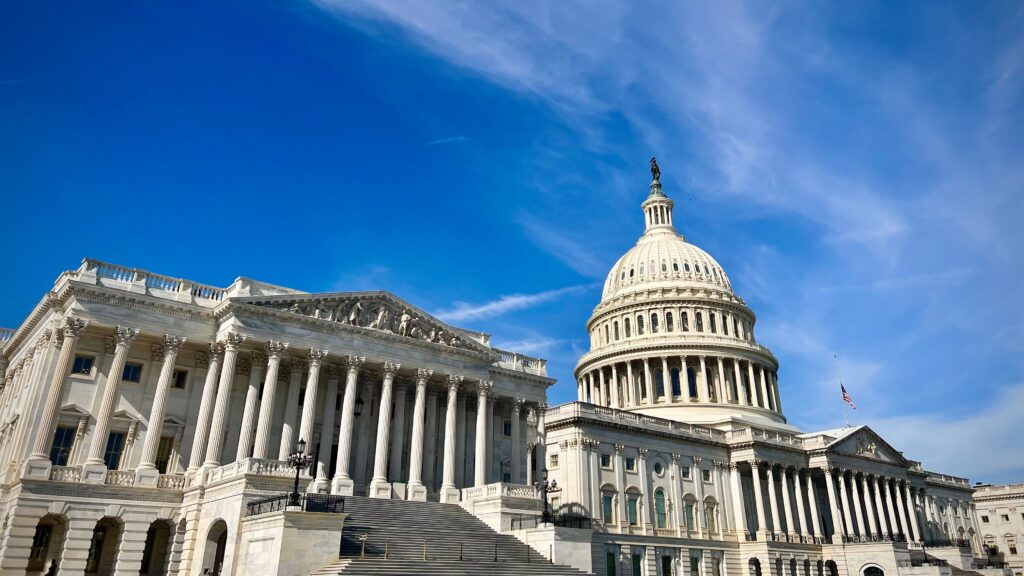El Salvador, under the leadership of President Nayib Bukele, has made it clear that its strategy of accumulating Bitcoin (BTC) will continue unabated, regardless of the International Monetary Fund’s (IMF) demands.
Resilience Against External Pressures
In a bold declaration on social media, Bukele reaffirmed his government’s stance: “This all stops in April. This all stops in June. This all stops in December. No, it’s not stopping.” His words convey a strong message of defiance, emphasizing that El Salvador will not yield to external pressures, stating, “If it didn’t stop when the world ostracized us and most ‘bitcoiners’ abandoned us, it won’t stop now, and it won’t stop in the future.” Bukele highlighted the importance of determination, stating, “Proof of work > proof of whining.”
Recent Developments with the IMF
Bukele’s comments arrived shortly after the IMF released details regarding a $3.5 billion loan agreement with El Salvador. As part of this deal, the IMF indicated a prohibition on the “voluntary accumulation of Bitcoin by the public sector.” This imposition has sparked significant discussions within the cryptocurrency community.
Continued Bitcoin Acquisitions
In a move that seems to contradict the IMF’s stipulations, El Salvador announced late Monday that it had purchased 19 Bitcoin over the past week. Furthermore, on Tuesday afternoon, the government revealed an additional acquisition of one more Bitcoin, bringing their total to 6,101.15 BTC, valued at approximately $530 million, based on the current Bitcoin price of around $88,000.
Community Reactions and Support
The news of El Salvador’s continued Bitcoin purchases elicited mixed reactions online, particularly from the cryptocurrency community. Notably, Samson Mow, a former close associate of Bukele, expressed skepticism about the nation’s purchasing strategy. He initially tweeted, “No more #Bitcoin buys for El Salvador,” and later predicted that the acquisitions would cease within months. However, the recent purchase contradicts his assertion.
A Vision for the Future
The commitment to Bitcoin is more than just a financial strategy; it represents a vision for transformative change within El Salvador. Juan Carlos Reyes, president of El Salvador’s National Commission on Digital Assets (CNAD), praised Bukele’s stance, referring to it as a pivotal moment for the nation’s future. He stated, “The message is not just important — it’s a catalyst for monumental change. Thanks [Nayib Bukele].”
In conclusion, El Salvador’s ongoing commitment to Bitcoin reflects a deliberate strategy to embrace cryptocurrency, despite external pressures and challenges posed by international financial institutions. The nation’s leadership remains resolute, positioning itself as a pioneering force in the global cryptocurrency landscape.



